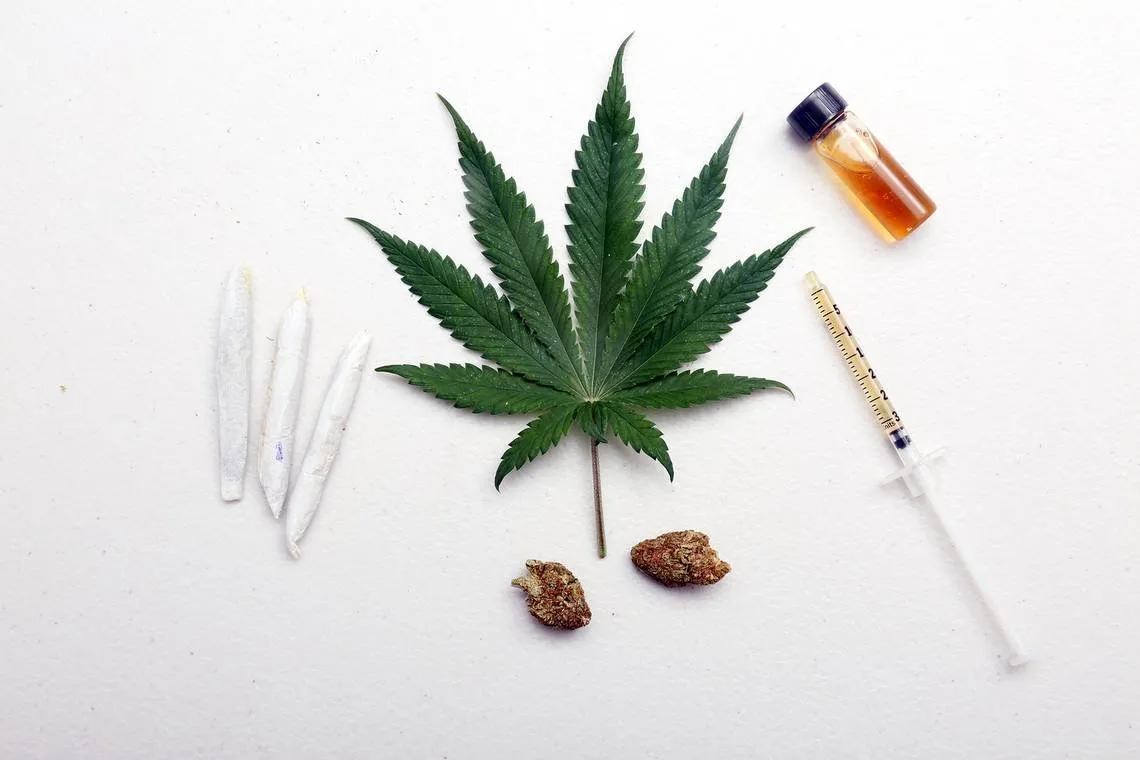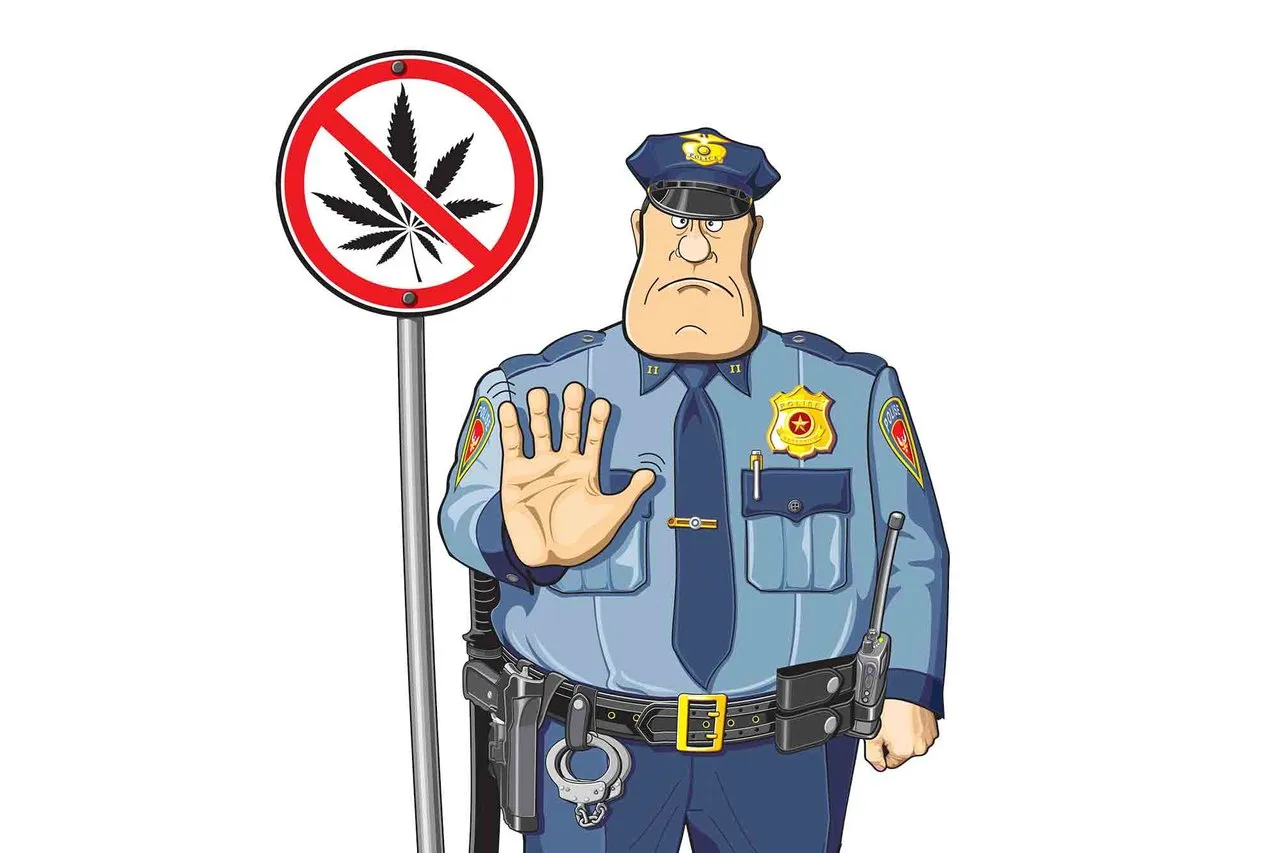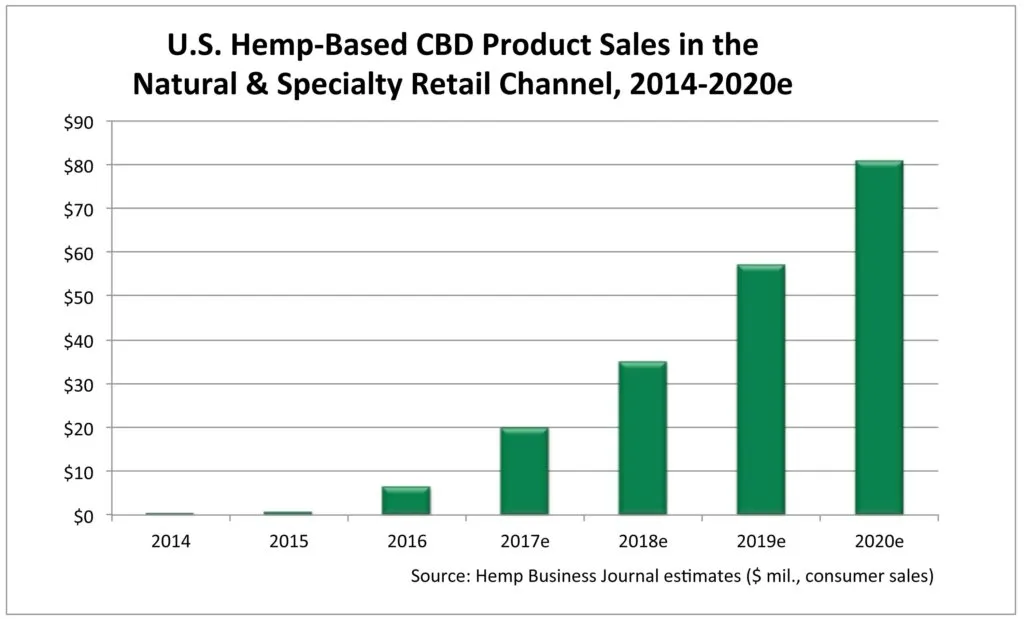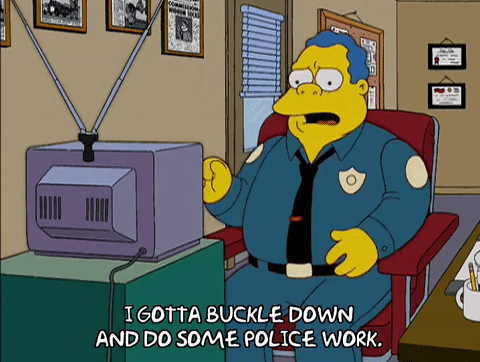
CBD has exploded in popularity in recent years, there's now a multi-billion dollar market that's said to be largely responsible for the growing success of cannabis today. The success is an indication that many people are interested in reaping the benefits of cannabis without experiencing the 'high' that THC provides; leading them to CBD instead.
You can find CBD coming to store shelves being used in a wide variety of products: topicals, pet treats, sprays, bath products, gum, vape pens, supplements, coffee, and more.

The confusion comes in because the CBD products being sold by many of these sellers likely aren't coming from "approved sources" and the product is still seen by the state as a danger despite that it allegedly doesn't contain a high enough amount of THC to get you high.
There has been a differentiation made between those CBD products which are produced using industrial hemp and those that are coming from another source. The FDA still maintains that CBD is illegal and hasn't been federally legalized despite its popularity. Different cities or states might have passed legislation trying to change that and have attempted to establish a CBD market and ignore federal restrictions, though they've at times seen a great deal of confusion and push-back from federal authorities over the matter.

Thanks to the surge in demand for CBD products we've also seen a number of fraudulent products come to market too. One previous study by the University of Pennsylvania on the CBD market has suggested that as much as 70 percent or more of the CBD products that are currently being sold online might be inaccurately labeled. Even more, they found that roughly 18 percent of those CBD products also had high THC levels; something many consumers wouldn't expect to find when purchasing a CBD product.
There might be a great deal of confusion surrounding CBD in the US today but hemp advocates, such as those with the US Hemp Roundtable, suggest that CBD is now too big to fail. Ultimately, it's a matter of waiting until federal agencies jump on-board and embrace the change.
In some places where CBD has been sold for years without any issue, such as Ohio, authorities have recently decided to crackdown and take CBD off the shelves and warned that it could come with a felony charge.
After authorities in Indiana raided shops of their CBD items, they later re-thought their approach and backtracked by suggesting they'd refrain from cracking down on CBD in such a manner unless they were sure the products violate state laws. You would assume that they would have tried to be sure of that before initiating any violence. It just demonstrates that there is much confusion surrounding hemp, cannabis, CBD, and how federal and state authorities juggle the regulatory duties.

The Ohio Pharmacy Board asserted a few months ago that CBD products are illegal if they are being sold from someone other than a licensed dispensary. CBD that hasn't been produced from hemp that's been grown under a state-approved program or for academic research isn't going to be considered legal. Back in Sept, the pharmacy board maintained that the only “legal” way to get your CBD was to purchase it through an approved medical cannabis dispensary and only 56 of them have been approved so far.
Ohio was supposed to see their medical cannabis program launch at the end of Sept, it's almost January though and they are still reportedly weeks away from seeing its debut. Some CBD-sellers have put their products on sale to get rid of them before a crackdown, others have lost it to raids, are continuing to sell, or have now quit. Then there are those who are fighting back who insist that they have a right to sell what they see as a hemp product.
After the implementation of the recent Farm Bill, things might get a little bit less confusing, though it's doubtful. Industrial hemp and its extracts will no longer be regarded as a Schedule I substance thanks to the new rules. The changes legalize CBD products that are made using hemp that's coming from a legal industrial hemp producer. There will still be strict federal and state oversight on all things that relate to cannabis. As well, the FDA has suggested that despite the recent Farm Bill changes that CBD is still an illegal drug ingredient that cannot be used without their approval.
Pics:
Bigstock via kansascitystar
cbdwellnessguide
hempbusinessjournal
Africa Studio/Shutterstock via reset.me
simpsons via giphy
